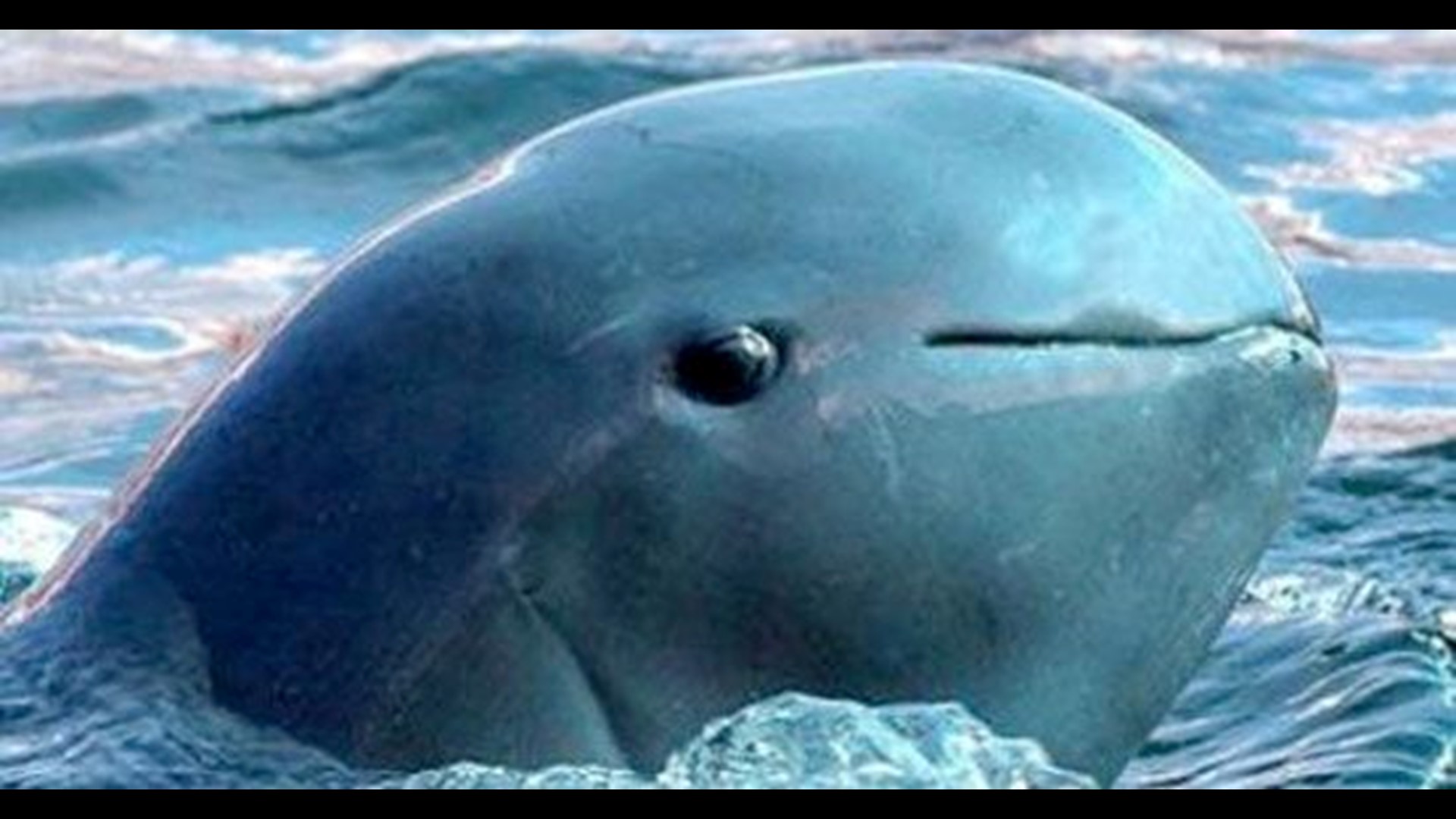On August 8th, the International Whaling Commission (IWC) released its first extinction alert concerning the vaquita porpoise.
According to the IWC, only about 10 of these animals remain. Immediate action is required to prevent their imminent extinction.
There’s still hope for saving this small porpoise, found only in the northern Gulf of California, Mexico.
Extinction alerts stem from the Scientific Committee of the IWC, comprising roughly 200 scientists.
They introduced this mechanism to highlight concerns over increasing species and cetacean populations nearing extinction, aiming to boost awareness and promote supportive measures for endangered species.
The vaquita population declined by an alarming 83% in three years, dwindling from 59 individuals in 2015 to just 10 by 2018.

The Scientific Committee believes the mammal can be saved if authorities enforce a total ban on gillnets in the vaquita’s habitat.
These nets, primarily used for totoaba fishing — a fish similarly sized to the vaquita — have inadvertently led to numerous vaquita deaths.
Despite a ban since the 1970s, totoaba fishing persists due to its swim bladder’s high demand in markets like China and Hong Kong.
Notably, organized crime has been implicated in this trade.
The IWC identifies gillnet-related deaths as the most significant threat to the vaquita’s survival.
The IWC, established in the 1940s for whale conservation, indicates past measures, including marine protected areas and the retrieval of numerous gillnets, proved insufficient.
In 2022, Mexico’s Navy, with other governmental bodies, placed 193 deterrent structures against gillnets in a protected marine zone.
Still, gillnet-using fishermen often avoid this area.
The IWC underscores solutions should consider both the endangered species and local communities, acknowledging their economic and social contexts.
The commission suggests exploring gillnet alternatives while promoting “vaquita-safe” markets and providing tools, training, and permits for alternative fishing methods.
The IWC warned of the vaquita’s inevitable extinction unless all gillnets are replaced with safer fishing techniques to protect both the porpoise and local fishermen’s livelihoods.
Immediate action is crucial.
The vaquita porpoise is the world’s smallest cetacean and is native to the northern part of the Gulf of California in Mexico.
It is easily distinguishable by its dark rings surrounding the eyes, dark patches on its lips, and a thin line from the mouth to the dorsal fins.
The vaquita’s population has been critically endangered primarily due to getting caught and drowned in gillnets intended for other marine species.
Conservation efforts for the vaquita have been challenging, given its elusive nature and the limited range in which it resides.
Despite international efforts and campaigns to save the vaquita, its numbers continue declining, with the species nearing extinction.

